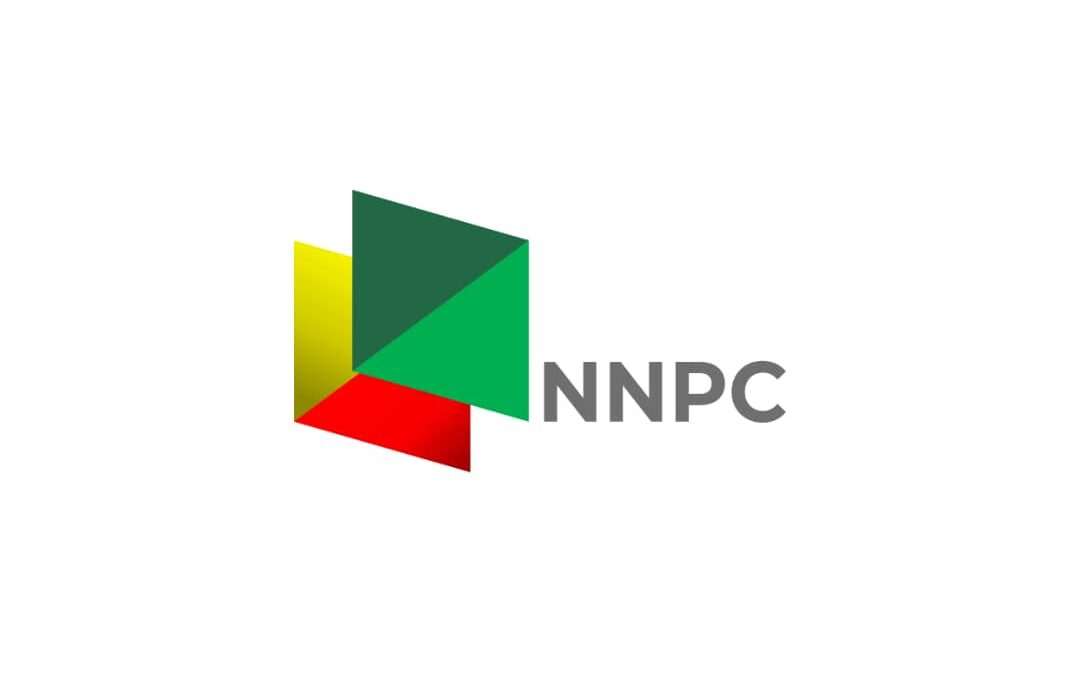Is a Whole House Water Softener a Smart Investment for Your Home?
Hard water is a nuisance that can wreak havoc on your home and budget. From dull laundry to damaged appliances, the cost of the impact adds up fast. If you’ve ever wondered whether a whole house water softener is worth it, you’re not alone.
Let’s break down what hard water is, how water softeners in Jefferson, NJ, work, and why this investment could be a smart move.
What Is Hard Water and How Do I Know If I Have It?
Hard water contains high levels of minerals like calcium and magnesium. These minerals don’t pose health risks, but they do leave behind scale buildup and soap scum. You may not even notice it until your fixtures get stained or your dishwasher stops performing well.
Here’s how to tell if you have hard water:
- You see white spots on glasses or silverware after washing.
- Your hair feels dry, even after conditioning.
- Soap doesn’t lather easily in the shower or sink.
- You notice a chalky buildup around faucets or showerheads.
Tip: Test your water at home using a simple hard water test strip kit, available online or at home improvement stores.
How Does a Whole House Water Softener Work?
A water softener removes hard minerals through a process called ion exchange. It swaps out calcium and magnesium ions for sodium or potassium ions. This results in softer water that’s easier on your pipes, skin, and appliances.
A water softener’s two main parts are:
- Mineral tank: Where the ion exchange takes place.
- Brine tank: Stores the salt solution used to flush and recharge the system.
“Water softeners can be integral for long-term plumbing health,” says a certified plumbing contractor in San Jose, CA.
Will a Water Softener Actually Save Me Money?
Absolutely. Hard water causes scale buildup in your plumbing and water-using appliances. This reduces efficiency and leads to more frequent repairs or replacements. By softening your water, you reduce wear and improve performance.
Your savings will come from:
- Water heaters run more efficiently and use less energy.
- Appliances like dishwashers and washing machines last longer.
- Soap and detergent use drops by up to 50%, since soft water helps products lather better.
A dollar saved is a dollar earned, and these savings can add up to hundreds per year.
What’s the Upfront Cost for a Water Softener?
A typical whole house water softener system can range from $500 to $5,000 depending on the brand, size, and features. A water softener installation by a licensed plumber may cost an additional $300 to $1,000, depending on the installation’s straightforwardness.
Prepare a budget for the following:
- Basic units: $500–$1,200
- High-efficiency models: $1,500–$3,000+
- Installation: $300–$1,000 depending on complexity
What About Ongoing Maintenance and Salt Costs?
Water softeners require occasional maintenance. Also adding to the cost is the need to refill the salt every 4 to 6 weeks depending on your water usage. The system should also be cleaned once a year to maintain peak performance.
Maintenance costs include:
- Salt refills: $5–$25 per 40lb bag (you’ll use 1–2 bags/month)
- Annual service: Optional checkups may cost around $100
- Filter replacement (if included): Every 6–12 months
Choose a unit with a low-salt indicator to make upkeep easier.
How Will It Improve My Skin, Hair, and Laundry?
Personal hygiene is where many homeowners notice the biggest personal difference. Soft water is gentle on the skin and hair. Using softened water also helps soap rinse cleanly so you won’t deal with residue or dryness.
Benefits include:
- Softer skin and fewer breakouts
- Shinier, more manageable hair
- Brighter, cleaner laundry that lasts longer
Many users noticed smoother skin within the first week.
Are There Different Types of Water Softeners?
Yes, and not all are created with the same quality and performance. The right one depends on your home size, water hardness level, and budget.
Common types:
- Salt-based systems: Most common and effective for very hard water.
- Salt-free systems: Use filters or conditioners, not true softeners, but lower maintenance.
- Dual-tank systems: Ideal for large households or constant water use.
Tip: Ask water softener services for a professional water test before choosing a system. It helps match your needs with the right solution.
If you deal with hard water, investing in a whole house water softener is one of the smartest upgrades you can make. It protects your home’s plumbing, saves money over time, and makes daily routines more comfortable. More than just a convenience, it’s a long-term solution that adds value to home living.



